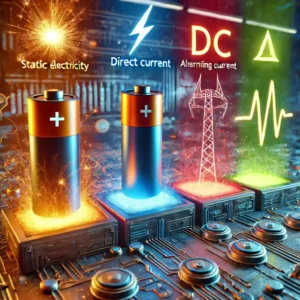
La electricidad impulsa casi todo lo que usamos a diario, desde electrodomésticos hasta maquinaria industrial. Pero, ¿sabías que existen diferentes tipos de electricidad con características
We know that an electric generator is a really efficient and useful machine to provide reliable electrical energy in situations in which, for some reason, the supply of the main source is interrupted or simply not accessible; like in a blackout or in a very remote rural area, for example. And because daily life depends largely on the use of electricity, it is necessary to find a way to supply this need.
Therefore, the acquisition of an electric generator is an excellent idea. However, there are many questions that need to be considered first. How to install it? How does it work? What other options are there to meet that energy need? And a very important one that we will solve next: what electric generator to buy?
As always, here you will find basic notions that will give you an initial idea about electric generators and the benefits that they could offer you; but if you want more information or personalized advice, we invite you to contact us.

The first thing to take into account is the need that we are looking for the generator to supply. A single house, in the middle of a field, with few electrical appliances in use, represents a relatively low electrical demand compared to the electrical demand that could represent a residential complex or a hospital or a company at the time of an unexpected blackout. So, first of all, it is essential to specify the use that we are going to give it.
This initial consideration is closely related to the type of generator we are looking for. Well, based on this, we can consider the characteristics we are looking for in the machine regarding factors such as efficiency, autonomy, profitability, durability, power and, of course, cost and warranty.
Now, imagining that we have specified the use that we are going to give to the electric generator, we must take into account the following functional characteristics to determine which one best suits that use that we intend to give it.
An important factor, which also determines other factors such as power and efficiency, is the mobility of the electric generator. There are many options on the market in terms of mobile and stationary electric generators, which opens up a range of possibilities.
These types of generators are usually small, fueled by gasoline, of relatively low power (given that they have a low HP motor) and a bit noisy. Their main advantage is that they are ideal for rural use, outdoors, as they can be transported without inconvenience. However, there are other generators with higher power and higher efficiency (of course, and more bulky) that are installed on stable trailers.
They are generators that have much more sophisticated characteristics in terms of their operation. They are much larger and more powerful (several KWs). It is necessary that, in its installation, there is an adequate space that meets the conditions of supply, cooling, maintenance and exhaust. Similarly, they are more autonomous machines that offer a longer and more sustained supply.
A determining factor when buying an electric generator is the power (in KWs) that it can offer. It would not be very coherent to acquire an electric generator due to its low price, leaving aside the power, since it would happen that the generator would not be able to cope with the demand, which is contraindicated. Nor would it be very logical to acquire an electric generator that offers great power if our need does not warrant it.
Thus, You have to find the right one by calculating the consumption you want to satisfy. To do this, you have to add up the power required by all the appliances and the electrical installation in general. This sum is divided by 1000 so that its result is expressed in KW. This result is then divided by the power factor (which is 0.8) to get the KvA (which is at apparent power). Finally, for security reasons, it is recommended that a margin of error of 20% be applied to this result. The result obtained is the approximate power of the generator that we must acquire.
A small, mobile, gasoline-powered electric generator offers relatively low power (around 8kw). Its operating time, normally, is between four and six hours. This type of generator is ideal for rural work, where not many appliances depend on it for a long time.
A stationary electric generator, more robust, powerful, efficient and autonomous, is ideal to cover the most demanding needs in terms of power. Our models guarantee a large power of between 10 and 60 KW, which can easily support the demand of a relatively large project, such as a residential complex or a hospital wing or a factory outbuilding or office department.
The type of fuel that powers an electric generator is a central element to take into account, since it determines factors such as performance, efficiency, and even the cost of operation, maintenance and the useful life of the machine.
Electric generators that base their operation on gasoline are the most accessible on the market due to their low cost, but they have the disadvantage of limited operation, both in terms of power (maximum 15 KW) and time (maximum 6 hours). . Its useful life time is relatively lower.
Our models are powered by diesel fuel, which means low running costs. These are models with much more robust engines that support the generation of many KWs. They can easily reach 12 hours of continuous and sustained use, guaranteed by a tank with a capacity of up to 300 gallons of fuel.
Being stationary, they must be installed under specific conditions that ensure their care and maintenance, which translates into a long useful life.
We say that an electrical generator is single-phase if the magnetic field that produces the electrical energy is only one, so that the electrical energy generated moves through a single line. This type of single-phase system is common for domestic uses and not very demanding. It can offer a power of between 15 to 20 KWs.
If, on the other hand, we say that a generator is three-phase, we mean that not one but three different electromagnetic fields move in it, generating three different alternating currents (all with the same frequency and amplitude). Thus, three different lines are required to move the generated current. This means that the three-phase systems in the generators guarantee a power greater than 20 KWs.
An additional feature of three-phase generators, like our models, is that they can be adapted to a single-phase output with the help of a converter.
An AVR system, or Automatic Voltage Regulation, is one that stabilizes the electrical output current to protect connected equipment or appliances against current spikes. That is, it guarantees a constant supply of energy even when equipment is connected or disconnected. It has the disadvantage that it produces a lot of noise.
The Inverter system, which also regulates the output voltage, being more sophisticated, is capable of regulating the operation of the machine (avoiding overexertion and overheating), making it more efficient. It also regulates the voltage it outputs, so that the current output is as constant as that of the main source.
A Electric generator It is a machine with a considerable price. Therefore, its acquisition must be a very well thought out decision. You have to find the balance between the cost and the benefit that it will later report. In any case, our staff is always attentive to answer your questions and to advise you in your purchase.
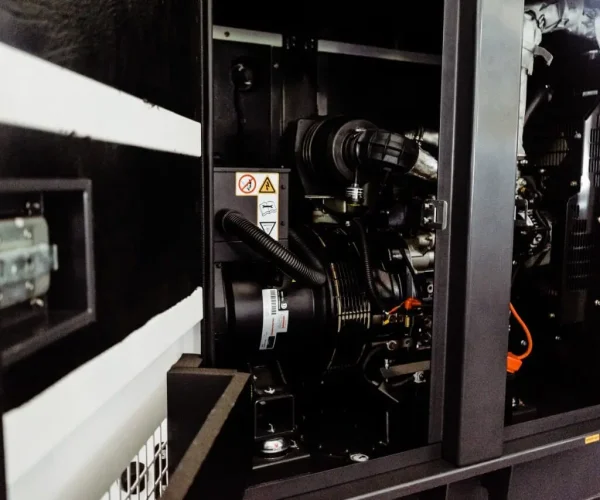
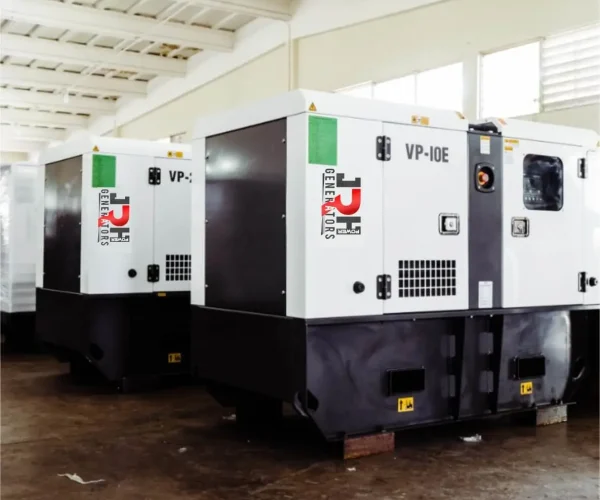
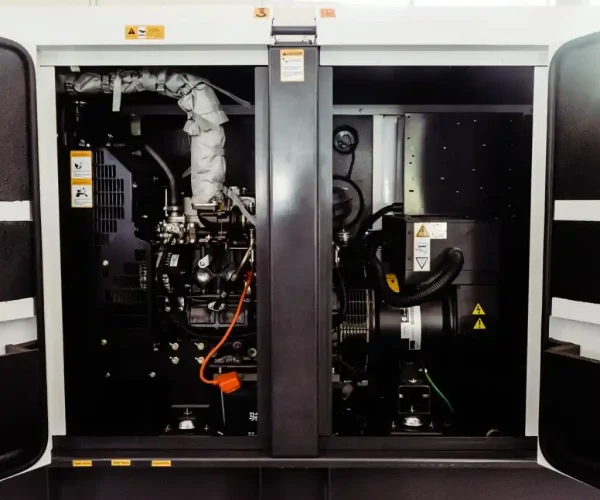
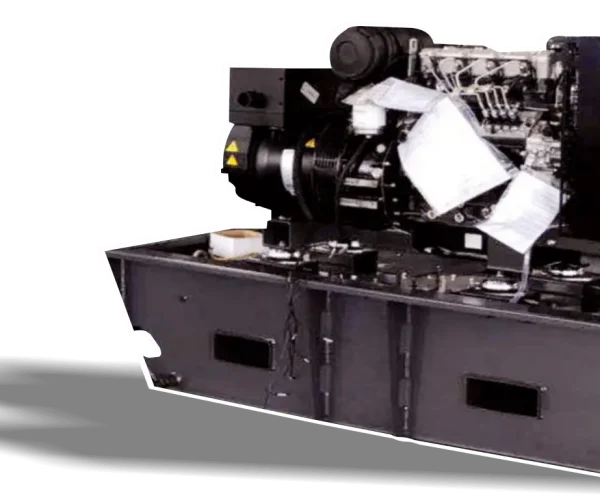

La electricidad impulsa casi todo lo que usamos a diario, desde electrodomésticos hasta maquinaria industrial. Pero, ¿sabías que existen diferentes tipos de electricidad con características
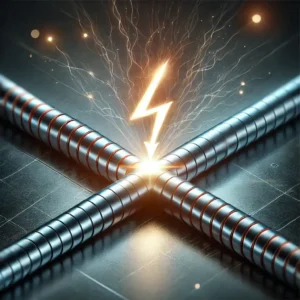
La electricidad es una parte esencial de nuestras vidas, desde el encendido de una simple bombilla hasta el funcionamiento de industrias enteras. Pero, ¿alguna vez
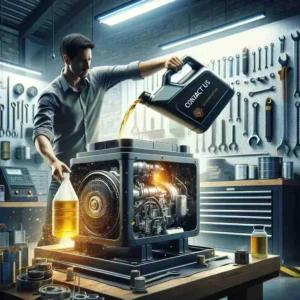
Elegir el aceite correcto para un generador de luz es fundamental para asegurar su rendimiento óptimo y prolongar su vida útil. Sin embargo, muchas personas
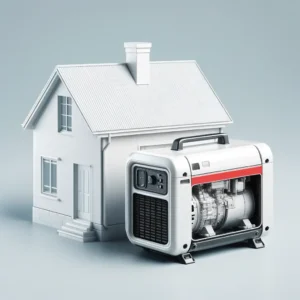
En un mundo cada vez más dependiente de la energía, contar con una planta eléctrica para casa se ha convertido en una necesidad esencial. Ya
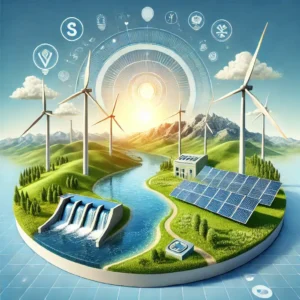
In a world where sustainability is no longer just an option, but an urgent necessity, renewable energies stand out as the key to
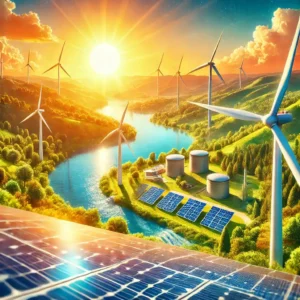
In the current context, where sustainability has become a global imperative, it is crucial to understand which energy sources are renewable and how